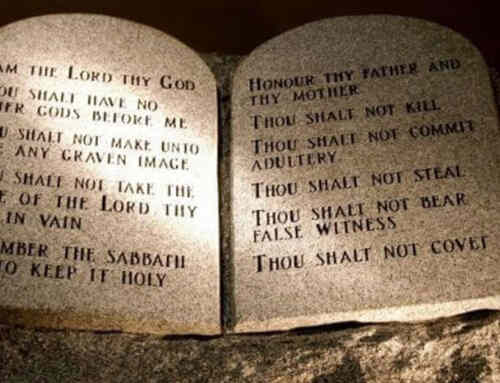Looking at what you have and what you own, and wanting to give some of it to be used in God’s service is a worthy desire. It is a wonderful thing to want to give something back to God! Let’s look at what the scriptures tell us about tithing and giving.
If you choose to give 10% of your wealth to your church, you are following Old Testament rules which applied to the Jews. Many scriptures in the Old Testament state the Law expected Jews to tithe 10% of their prosperity to the Levites. The Levites in turn, gave 10% of that to the high priest. However, New Testament instruction never mentions tithing. The church is never asked to tithe a certain amount of money to God, and none of the early apostles gave instructions to the new Christians to do such a thing. What is mentioned is giving. 2 Corinthians 9:7 says, “Each one must do just as he has purposed in his heart, not grudgingly or under compulsion, for God loves a cheerful giver.” We are taught in the New Testament that how we give is much more important than what we give. We are to give our time, talent, money, effort, etc., to God cheerfully and generously. Merely giving money isn’t what God is interested in.
In Matthew 23:23, Jesus explains that those Pharisees who had given a tenth of their spices but neglected to give “more important” matters of the law such as justice, mercy and faithfulness, were hypocrites. Jesus points out that being merciful, faithful and just is more important than just giving material wealth.
Another example of the principle of how we give being more important than what we give is found in Luke 18:10-14 in the Parable of the Pharisee and the Tax Collector. “Two men went up into the temple to pray, one a Pharisee and the other a tax collector. The Pharisee stood and was praying this to himself: ‘God, I thank You that I am not like other people: swindlers, unjust, adulterers, or even like this tax collector. I fast twice a week; I pay tithes of all that I get.’ But the tax collector, standing some distance away, was even unwilling to lift up his eyes to heaven, but was beating his breast, saying, ‘God, be merciful to me, the sinner!’ I tell you, this man went to his house justified rather than the other; for everyone who exalts himself will be humbled, but he who humbles himself will be exalted.” Jesus approves of the tax collector because of his heart condition and humility. The Pharisee on the other hand, thought very highly of himself and the fact that he tithed all of what he had. Jesus is more concerned with the right kind of character rather than how much of our material wealth we can give him.
Whether you give of your income or use money that was given to you as a gift does not matter. What matters is that you give what you have to offer cheerfully. Let us not limit ourselves and what we have to offer by only thinking along the lines of money. Those who are seeking to follow in Christ’s footsteps are to remember all they have and all they are belong to Christ and are to be used in the Lord’s service.
Additional Resource: Christian Questions Podcast
Episode #1040: “Do Tithes and Offerings Belong in Christianity?”
Understanding tithing and establishing Christian giving
Preview Video
CQ Rewind Show Notes















